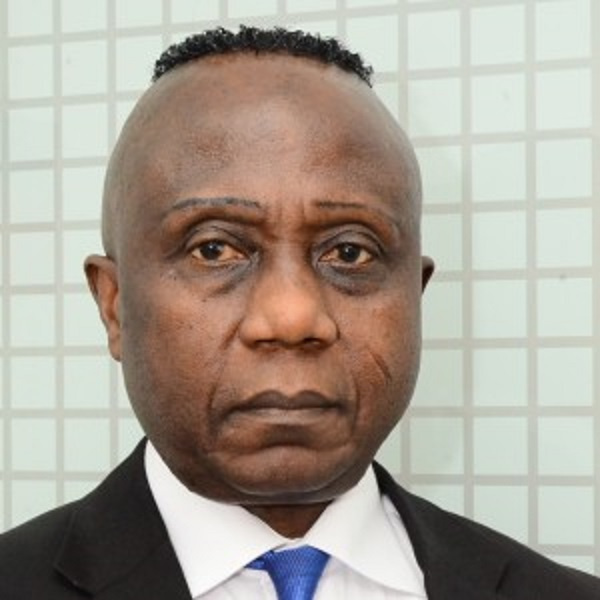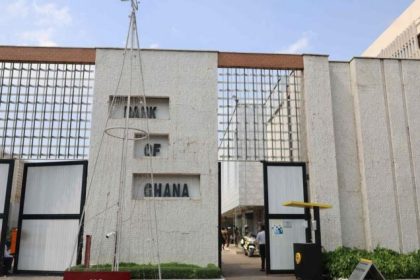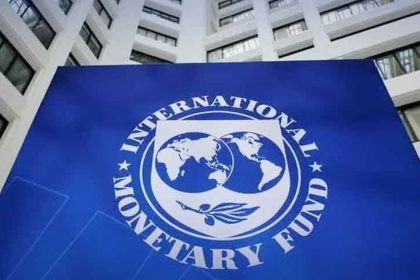Dr. John Kwakye, Director of Research at the Institute of Economic Affairs (IEA), has criticized Ghana’s monetary policy, describing the year-end economic indicators as a failure of the Bank of Ghana’s (BoG) mandate. According to him, closing the year with an inflation rate of 23%, a policy rate of 27%, and a currency depreciation of 20% highlights glaring deficiencies in the current monetary framework.
Dr. Kwakye emphasized the need for a comprehensive reset of monetary policy and called for greater accountability from the BoG in delivering on its inflation and exchange rate mandates. He argued that stabilizing prices and the exchange rate is fundamental, noting in a social media post that “stabilizing prices and the exchange rate is simple practical economics. It is not rocket science!”
The Bank of Ghana’s primary objective is to ensure price stability, defined as maintaining a medium-term inflation target of 8%, with a symmetric band of ±2%. This target is essential to promote sustainable economic growth without excessive inflation pressures. Additionally, the BoG is tasked with maintaining a robust financial sector and overseeing effective regulation and supervision to support monetary policy formulation.
The BoG’s Inflation Targeting (IT) framework grants it operational independence to employ policy tools aimed at achieving price stability. The central bank uses the Monetary Policy Rate (MPR) as its primary instrument to anchor inflation expectations and set the policy stance. However, Dr. Kwakye contends that the outcomes for 2024 indicate significant shortcomings in this approach.
He stressed that the current state of inflation, interest rates, and currency depreciation underscores the urgent need for reforms in Ghana’s monetary policy, urging the BoG to adopt practical and effective strategies to stabilize the economy.






